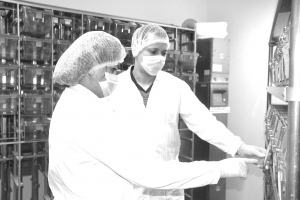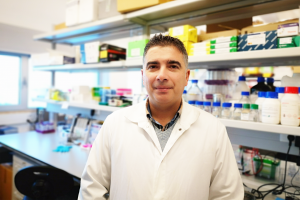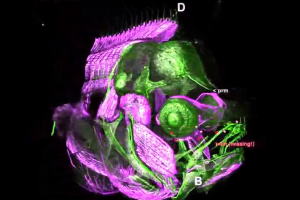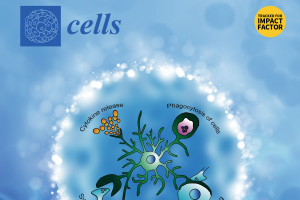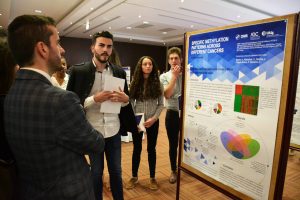Vítor Fernandes, a researcher at the Centre for Biomedical Research, is among the team that discovered how the bacterium that causes pneumonia hides before lethally attacking the human organism, causing septicemia.
Vítor Fernandes, a researcher at the Centre for Biomedical Research at the University of Algarve, has published in the journal Nature Microbiology, joint with other researchers from the universities of Leicester, Dundee, Nottingham and Oxford, the results of an important research in the area of pneumonia.
The work, which brings to the public relevant findings about the responsible mechanism for the proliferation of bacterial infection causing pneumonia, as well as the blood poisoning (septicemia) that comes from it, also reveals unprecedented data on that which is among the leading causes of death associated the disease.
The researchers found the reason for the bacterium Streptococcus pneumoniae (which causes pneumonia) to appear in the blood, becoming undetectable at an early stage – the so-called “eclipse phase” – but proliferating, however, later in an abrupt and deadly process.
What we already knew was that the bacteria, after being filtered by the spleen, is caught within this organ, by cells that were going to try to destroy it, what we did not know was that there is at this stage an “Achilles tendon” – the so-called metalophilic macrophage – a defense cell of the organism from which the bacteria will take benefit and gaining advantage over our immune system.
In fact, the researchers found that, although this macrophage is able to swallow the bacteria, it does not have the capacity to destroy it, and, therefore, allows it to survive, undetected in the blood, in an “eclipse phase”, offering, during this time, the false illusion that it was eliminated, but multiplying, nevertheless, inside the cell, until it invades our organism abruptly and deadly way.
These new data allow us to better understand the whole process and help making current treatments more effective, opening the door to the development of new therapeutic methods.
It should be highlighted that, until now, there was no knowledge that the bacterium was acting within the cell itself, and, mainly, extracellular antibiotics were used, doctors now have new information that will allow them to better adjust to the circumstance, prescribing more effective and targeted medication for this type of bacterial infections.
It should be addressed that the research was successfully tested in vivo and ex vivo, with very promising results and of great interest to the scientific community, which once again highlight Portuguese researchers working in medical and biomedical research.
Read the complete article here.
Isa Mestre | Communication Officer | Media contact (cbmrcommunication@ualg.pt)
The researchers found the reason for the bacterium to appear in the blood, becoming undetectable at an early stage – the so-called “eclipse phase” – but proliferating, however, later in an abrupt and deadly process.








